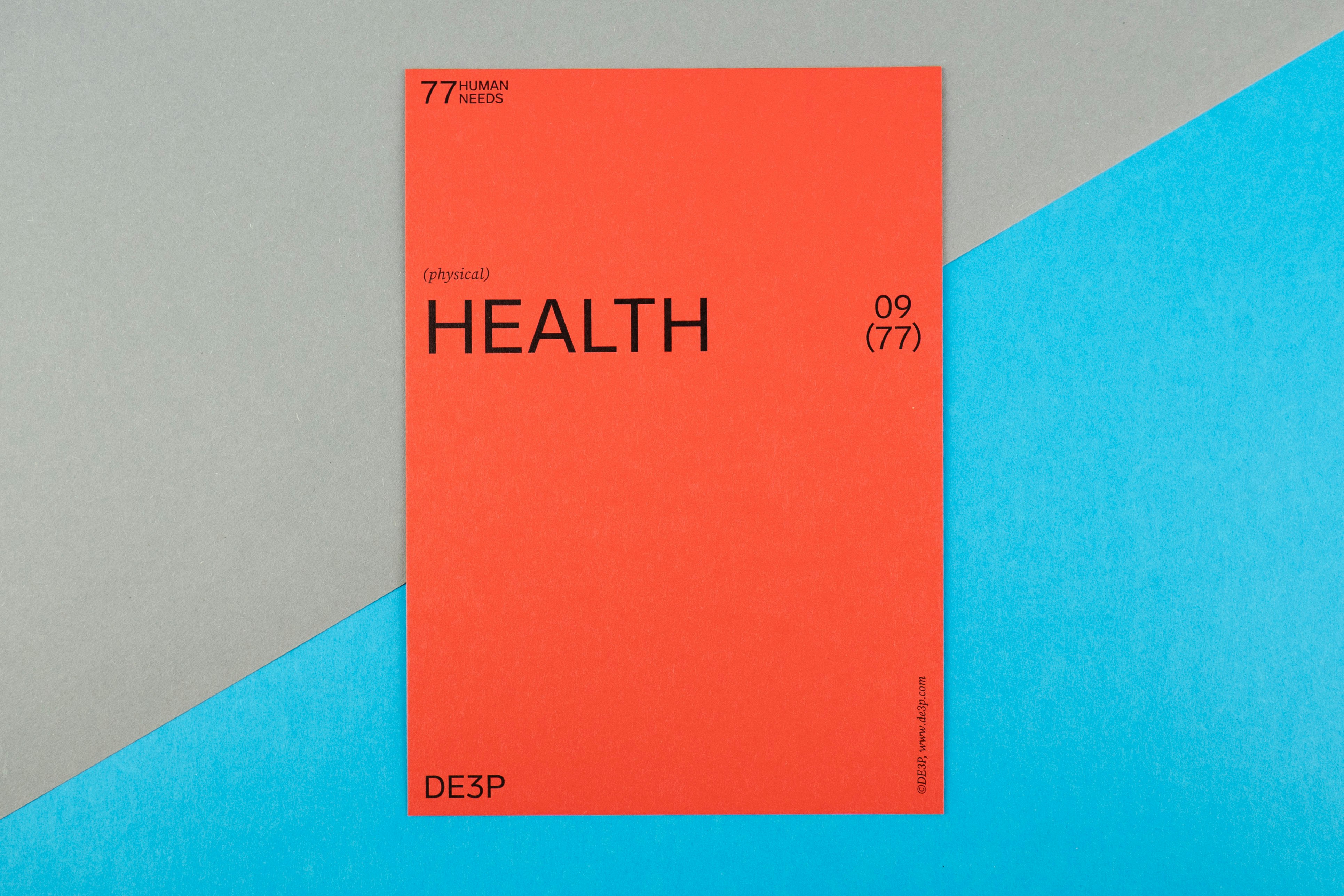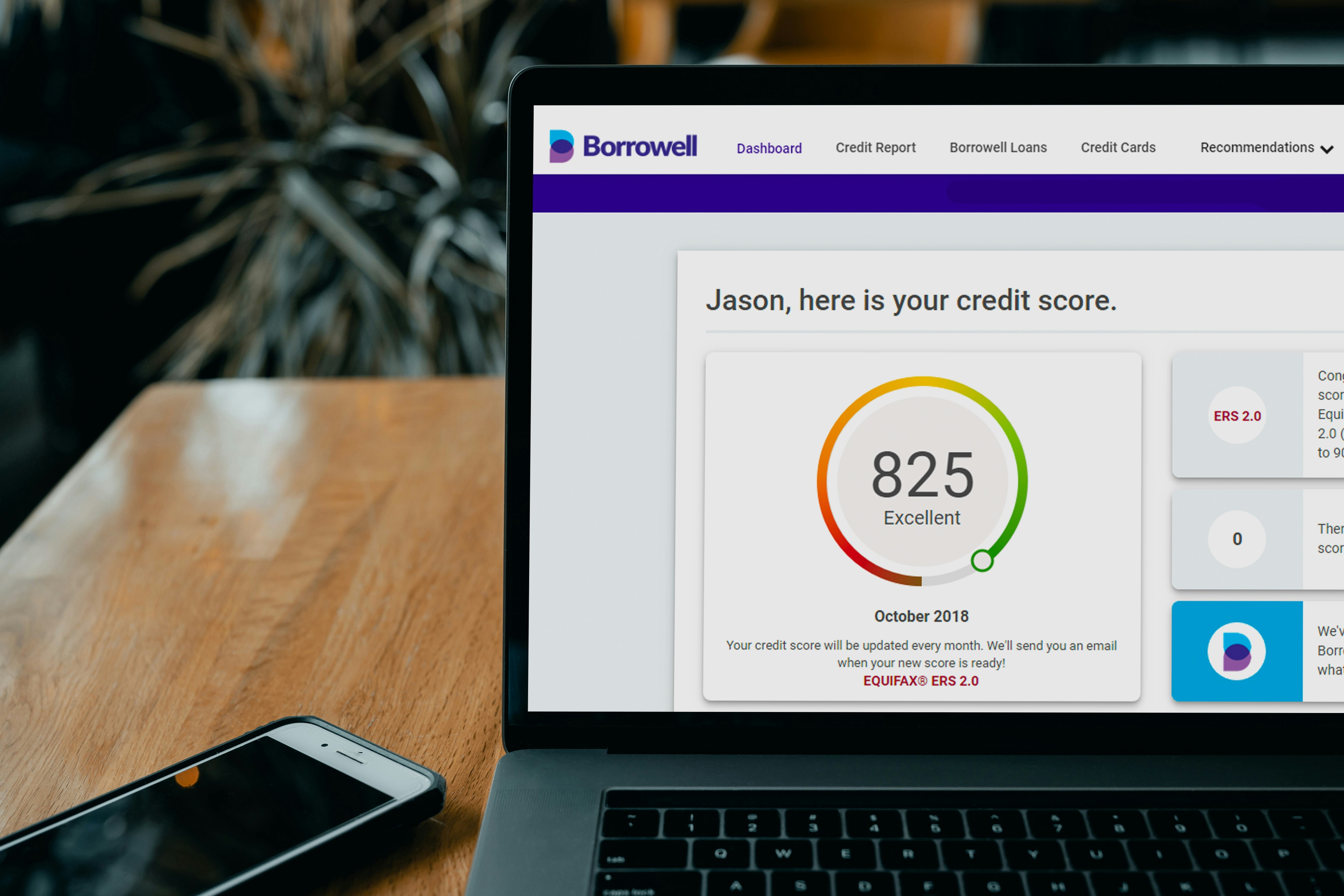Introduction to Short-Term Health Insurance
Short-term health insurance is a type of limited-duration health coverage designed to provide temporary financial protection against unexpected medical expenses. This insurance differs significantly from traditional health insurance plans, which typically offer comprehensive coverage for a range of medical needs over a longer term, often lasting a year or more. Short-term plans are generally intended to cover gaps in coverage. They serve specific situations, such as periods between jobs, transitions in health plans, or temporary health needs that do not warrant a full-scale insurance policy.
The duration of short-term health insurance can vary, often lasting from a few months up to a year, with the option to renew in certain cases. However, unlike long-term options, these plans are not required to meet the same standards as policies compliant with the Affordable Care Act (ACA). For individuals who find themselves in immediate need of coverage—such as recent graduates, freelancers, or those experiencing short-term employment fluctuations—short-term health insurance may provide an accessible alternative.
Additionally, short-term coverage can appeal to those who may not qualify for subsidized long-term plans or who wish to maintain some level of protection while awaiting the start of a new job or the approval of a more permanent insurance policy. These plans are designed to address situations where traditional insurance may be unaffordable or unnecessary. However, it is vital for individuals to understand the limitations of short-term plans, including the exclusion of pre-existing conditions and restricted coverage benefits, ensuring that they are making an informed choice.
Advantages of Short-Term Health Insurance
Short-term health insurance offers several advantages that cater to individuals seeking flexibility and affordability in their healthcare coverage. One significant benefit is the affordability associated with these plans. Unlike traditional health insurance policies, which often come with high premiums, short-term plans typically have lower monthly costs. This makes it an accessible option for those in transitional phases of life, such as recent graduates entering the workforce or individuals between jobs. By opting for a cost-effective policy, enrollees can safeguard their finances while ensuring they have essential health services available.
Another key advantage of short-term health insurance is the flexibility in choosing the duration of coverage. These plans can be purchased for as little as a month and can last up to a year, depending on the provider’s offerings. This capability allows individuals to tailor their health insurance to fit their specific needs, whether they require temporary coverage during a career transition or while waiting for an employer-sponsored plan to begin. The ability to select a policy duration allows for greater control over personal healthcare expenditures.
The quick application process associated with short-term health insurance is also notable. In many cases, applicants can receive coverage within a matter of days or even hours. This rapid turnaround is particularly beneficial in urgent situations, such as unforeseen medical events or when an individual finds themselves temporarily uninsured due to job loss or other life changes. For instance, a person can quickly obtain coverage after leaving a job, ensuring they remain financially protected against unexpected medical expenses.
Furthermore, short-term health insurance serves as a practical solution for individuals who need temporary health benefits due to unique circumstances. This might include those who are traveling abroad or exploring new employment opportunities. Overall, the adaptable nature and cost-effectiveness of short-term health insurance make it an appealing choice for many people seeking immediate, yet temporary healthcare solutions.
Limitations of Short-Term Health Insurance
Short-term health insurance plans, while providing a temporary solution for those in need of coverage, possess several notable limitations that prospective beneficiaries should carefully consider. One significant drawback is the restricted coverage options associated with these plans. Unlike comprehensive health insurance, short-term policies typically exclude many essential benefits, leaving individuals vulnerable in critical healthcare situations.
Another concerning aspect is the potential exclusion of pre-existing conditions. Most short-term health insurance providers do not cover medical issues that existed prior to the initiation of the plan, meaning individuals with ongoing health needs may find themselves inadequately protected. This lack of coverage can lead to significant financial burdens for those requiring ongoing treatment for chronic conditions.
Moreover, short-term plans do not adhere to the mandates of the Affordable Care Act (ACA). This absence means that essential health benefits such as mental health services, maternity care, prescription medications, and preventive services are often left out. Consequently, individuals opting for these plans might face significant gaps in coverage, leaving them to cover the full cost of necessary medical care out-of-pocket.
In terms of costs, short-term health insurance can present additional challenges. While premiums may initially appear lower than those of traditional plans, the reality is that these are often accompanied by high out-of-pocket expenses for services. The risk of substantial out-of-pocket costs can quickly eclipse any perceived savings from the premiums. Furthermore, enrollees may also encounter limited provider networks, which can restrict their choices when seeking care and potentially lead to higher costs if out-of-network services are necessary.
Who Should Consider Short-Term Health Insurance?
Short-term health insurance can be an optimal solution for specific demographics and circumstances. Young adults, particularly recent graduates who are transitioning into full-time employment, may find themselves in need of temporary coverage as they navigate the uncertainties of the job market. Without immediate access to employer-sponsored health plans, these individuals can utilize short-term health insurance to safeguard against unexpected medical expenses during this precarious period.
Additionally, short-term health insurance is often ideal for those who are in the midst of a job change. For employees whose new employer’s health coverage does not commence immediately, there exists a coverage gap that can expose them to significant financial risk should a medical situation arise. Opting for short-term health insurance provides a buffer, ensuring that they are financially protected in the interim.
Individuals with temporary or intermittent health needs also stand to benefit from this type of coverage. For example, those who may be in a transitional phase of their lives—such as recent retirees or individuals taking a sabbatical—might opt for short-term health insurance rather than pursuing a more permanent solution. This insurance plan can grant them the necessary flexibility to receive medical care without the long-term commitment or expense of traditional health insurance policies.
It is essential, however, for prospective policyholders to thoroughly assess their personal health situations and risks before opting for short-term health insurance. Assessing one’s health history, frequency of medical visits, and potential future needs can help individuals determine whether this insurance aligns with their best interests. Consulting with licensed professionals is advisable to ensure that any coverage chosen adequately meets anticipated healthcare requirements without leaving substantial gaps in protection.
Choosing the Right Short-Term Health Insurance
Selecting the appropriate short-term health insurance can be a crucial decision, especially for those seeking temporary coverage. To make an informed choice, it is essential to evaluate several key factors that vary among the best providers in the market.
First, examine the coverage limits set forth by various short-term health insurance policies. These limits dictate the maximum amount an insurer will pay for specific services, which can significantly impact your financial protection in case of unexpected medical events. Understanding these limits allows you to choose a plan that aligns with your anticipated healthcare needs.
Next, consider the premiums you will be required to pay. Premiums are the monthly payments made to maintain your insurance policy. While lower premiums may seem attractive, it is crucial to balance affordability with the level of coverage you need. A comprehensive plan may require a higher premium but can save you substantial costs in the event of serious health issues.
Deductibles are another vital component of short-term health insurance. A deductible is the amount you must pay out-of-pocket before your insurance begins to cover costs. It is advisable to compare different plans to find a deductible amount that fits your budget while still providing adequate coverage for unexpected medical expenses.
Keep an eye out for network restrictions as well. Some plans may limit your access to certain doctors or hospitals, which can be a significant drawback if you have preferred healthcare providers. Understanding these restrictions and ensuring your current doctors are in-network can enhance your healthcare experience.
Lastly, reviewing policy exclusions is crucial to avoid unpleasant surprises when seeking care. Insurance contracts often contain details about what is not covered, which may include specific treatments or pre-existing conditions. Thoroughly reading the fine print can help clarify these aspects.
Evaluating these factors while comparing short-term health insurance plans will facilitate a knowledgeable decision tailored to your needs and circumstances.
Real-Life Experiences with Short-Term Health Insurance
Short-term health insurance can significantly impact the lives of individuals seeking temporary coverage. By examining real-life case studies, we can better understand the benefits and challenges associated with this form of insurance. One such case involves a young freelance graphic designer, Sarah, who found herself without employer-sponsored health coverage after leaving her full-time position. Seeking an immediate, affordable solution, she opted for short-term health insurance that allowed her to receive essential healthcare services while she transitioned to her next job. Sarah appreciated the quick approval process and the flexibility that short-term plans offered, which granted her access to necessary medical care without high premiums.
Another individual, Mark, a recent college graduate, experienced both the advantages and drawbacks of short-term health insurance. Having secured a position with a waiting period for employer-sponsored benefits, he chose a short-term plan. Initially, the low cost and swift coverage were appealing, but he soon encountered limitations. Mark discovered that the plan excluded coverage for certain pre-existing conditions and had restricted networks of providers. This led to difficulties in accessing care when he needed it most. His experience highlights a crucial point: while short-term health insurance can provide essential coverage, it may not suit everyone, especially those with specific health needs.
Conversely, a family with a temporary income drop also turned to short-term health insurance. They successfully leveraged this option to mitigate health risks during a financially uncertain period. The flexibility allowed them to maintain coverage for routine check-ups and minor emergencies without breaking the bank. Ultimately, their experience illustrated the potential of short-term plans as a strategic choice for families facing financial instability.
Through these case studies, we see that while short-term health insurance can serve as a lifeline for some individuals, it is vital to carefully consider each plan’s limitations and benefits to ensure it aligns with personal healthcare needs.
Regulatory Considerations
Short-term health insurance operates within a regulatory framework that varies significantly across the United States. Understanding these regulations is crucial for consumers who are considering short-term plans, as the laws governing them can differ not just from one state to another, but also change frequently, influencing plan availability and the scope of coverage offered.
While some states have embraced short-term health insurance, allowing for extended coverage periods and more flexible benefits, others have implemented stringent guidelines that limit these plans’ duration and type of coverage. For instance, in some states, short-term plans may be limited to 90 days or even less, while others may allow renewals that extend coverage for up to 364 days. Potential consumers must be aware of their respective state laws to ensure compliance and protection under consumer rights.
Furthermore, it is important to note that short-term health insurance is often not required to adhere to the same regulations that apply to standard health insurance policies, such as the Affordable Care Act (ACA) mandates. This means that essential health benefits, preventive services, and protections for individuals with pre-existing conditions may not be guaranteed. As a result, understanding the limitations of coverage under short-term plans becomes paramount.
Consumers should also stay informed about ongoing legislative changes that might impact short-term health insurance offerings. Various advocacy groups, insurance organizations, and state regulators provide valuable resources for understanding the current landscape. The National Association of Insurance Commissioners (NAIC) and state departments of insurance can offer specific insights into regulations that affect short-term health insurance. In conclusion, being proactive in understanding regulatory considerations is essential for obtaining meaningful health coverage. This knowledge empowers consumers to make informed decisions regarding their short-term health insurance options and rights.
Common Misconceptions about Short-Term Health Insurance
Short-term health insurance is often surrounded by a myriad of misconceptions, which can lead potential policyholders to make uninformed decisions. One common misunderstanding is that short-term plans provide inadequate coverage. While it is true that these plans may not cover every medical expense, they can offer essential benefits for unexpected medical situations. Many policies include critical health services such as emergency room visits, hospital stays, and outpatient care, making them a viable option for those in need of temporary coverage.
Another prevalent myth is the belief that short-term health insurance serves as a suitable substitute for long-term health insurance. It is important to note that short-term plans are designed for temporary needs and usually come with limited benefits. Unlike long-term policies, they do not provide comprehensive protection for chronic conditions or preventive care. As such, individuals seeking ongoing health coverage should consider more permanent solutions, such as employer-sponsored plans or individual health insurance, rather than relying solely on short-term options for extended periods.
Concerns about affordability also deter many from exploring short-term health insurance. While these plans are typically cheaper than comprehensive alternatives, they still incur potential out-of-pocket costs that could catch individuals off guard. It is essential for consumers to assess their specific healthcare needs and financial situations before deciding. In many cases, the lower premiums associated with short-term plans can be misleading if one does not factor in the potential expenses tied to uncovered services.
These misunderstandings highlight the importance of thorough research when considering short-term health insurance. To make informed choices, individuals must evaluate the benefits and limitations carefully, ensuring that such coverage aligns with their distinct healthcare requirements.
Conclusion: Making an Informed Decision
In navigating the complexities of health care coverage, short-term health insurance presents a unique set of advantages and disadvantages. As we have discussed, these plans can offer an affordable solution for individuals facing gaps in coverage, particularly during transitional periods such as employment changes or life events. The flexibility provided by short-term plans can be appealing for those who are otherwise healthy and do not require ongoing medical treatment. Nevertheless, potential applicants should be cognizant of the limitations inherent in these policies, which often do not cover pre-existing conditions, preventive services, or essential health benefits mandated by the Affordable Care Act.
When considering short-term health insurance, it is crucial for individuals to thoroughly assess their unique health situations. For example, those with chronic conditions or those requiring regular medical care may find that short-term plans fall short of their needs. On the other hand, for those who require temporary coverage, these plans can serve as a cost-effective solution. It is beneficial to take advantage of the resources available through comparison sites, consumer reports, and reviews of the best providers in the industry to inform one’s decision-making process.
Additionally, engaging with insurance professionals or licensed agents can provide personalized insights tailored to individual circumstances. Their expertise can help clarify the nuances of various plans and ensure that individuals understand their coverage options before making a commitment. Ultimately, the decision to purchase short-term health insurance should be made with careful consideration of both personal health needs and financial implications. Evaluating the pros and cons thoughtfully will lead to a more informed choice that aligns with one’s health care expectations.








